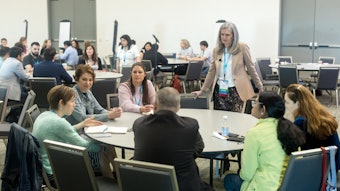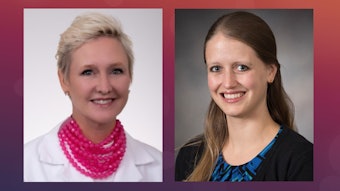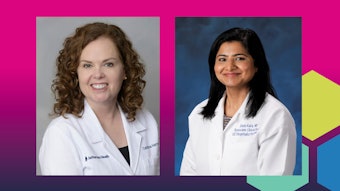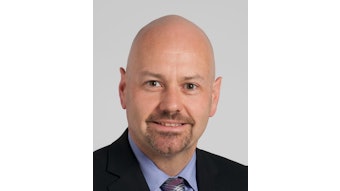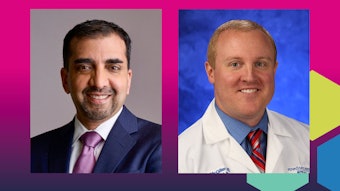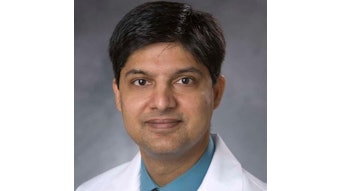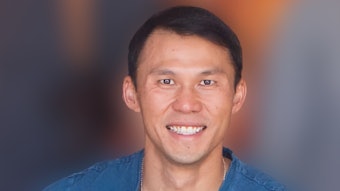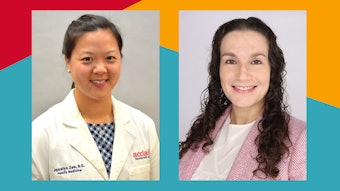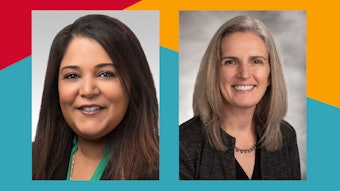Managing surges seamlessly
Hospital backup systems ensure quality of clinical care as well as clinician well-being.
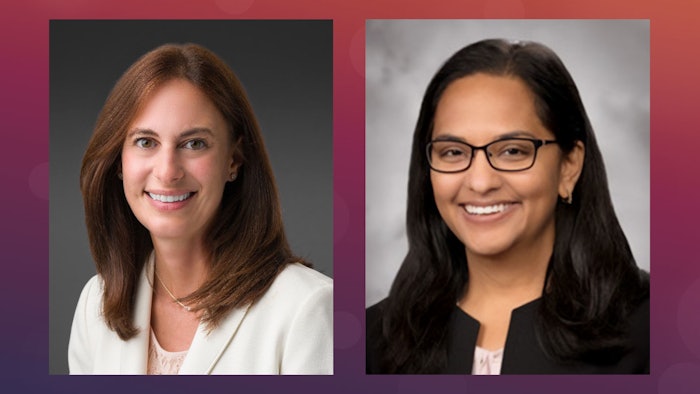
Emerging from the COVID-19 pandemic, backup (or “jeopardy”) systems are increasingly employed by hospital medicine programs to staff clinical services in the cases of illness, leave, and unexpected increases in clinical volumes. Friday’s session, “Backup Plans and Blackjack: Don't Leave Your Hospital Medicine Backup System to Chance,” will review critical components for developing an effective medicine backup system, including features that balance financial constraints, acknowledge the need for redundancy, and even evaluate the impact on clinician well-being. Rachel Cyrus, MD, and Lakshmi Swaminathan, MD, MHSA, SFHM co-direct the session.
“Having a backup system can contribute greatly to the stability and health of hospital medicine programs, as it allows the group to respond to absences or surges without putting undue pressure on others,” said Dr. Cyrus, an associate professor of medicine at Northwestern University's Feinberg School of Medicine in Chicago. “There is a balance, however, in that hospitalists may look on it as additional, unfavorable work.”
Hospital medicine backup systems are essential for ensuring seamless clinical care, Dr. Cyrus said. In dissecting the rationale and current landscape around their development, speakers will discuss case studies and lessons learned from deploying and optimizing backup systems in two different hospital medicine programs as well as the literature from a multi-institutional analysis of such systems.
Hospital medicine programs today demonstrate a range of backup practices, including informal and formalized systems, which may be mandatory or voluntary, according to Dr. Swaminathan, division head of hospital medicine at Trinity Health IHA Medical Group in Ann Arbor, Michigan. Although group backup system needs vary, she said, as group size increases, more formal, mandatory systems become more common.
“These backup systems should be built into the hospital medicine program’s budget,” Dr. Swaminathan said. “According to a recent SHM clinician well-being survey, respondents from groups without backup systems expressed higher rates of burnout and lack of wellness and support.”
In sharing lessons learned from case studies, Drs. Swaminathan and Cyrus said it’s important to engage clinicians in the design process when building a backup system. This includes adding some form of compensation, monetary or other, for when a clinician is on backup and when they are called into work.
Speakers will review current literature on what works and doesn’t work for the industry overall, including analysis of multi-institutional backup systems. According to research conducted through the Hospital Medicine Reengineering (HOMERuN) Network, Dr. Cyrus said there was significant variability in structure and perceived tolerability of backup systems among clinicians.
“Uncertainty of coverage, inadequate compensation, and perceived unfairness in burden of coverage contributed to discontent,” Dr. Cyrus said. “Several components were identified to make the system more fair, equitable, and tolerable. These include normalizing the need for occasional sick days, adding remote/ flexible work options, and establishing guidelines for appropriate use.”
The session will provide helpful tips and strategies to guide hospitalists in building or enhancing backup systems, particularly ones that encourage buy-in from the C-suite, compensation support, and tools to monitor backup use. Chief among those strategies is Dr. Swaminathan’s recommendation to develop a separate budget from the basic staffing/compensation budget when building a backup system.
“Moonlighting and turnover costs can help encourage buy-in from the C-suite,” Dr. Cyrus said. “It should align with current human resource policies and be monitored for potential inequities. The backup system is just that: It should not be a substitute for poor staffing.”
The session will also arm attendees with strategies to develop or optimize their backup systems as well as strengthen their health care teams, she said.
“There is not a one-size-fits-all model to backup systems, but there are some best practices that can help groups develop a system that fits their needs,” Dr. Swaminathan said. “When designed thoughtfully with input from group members, backup systems can enhance well-being and make the group stronger.”
Visit SHM Meeting News Central for more coverage.
